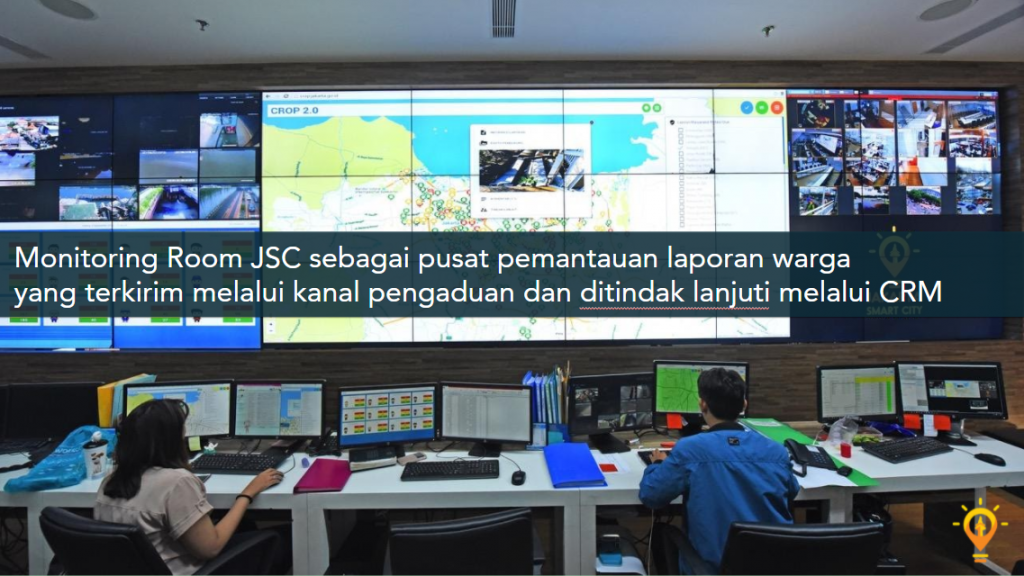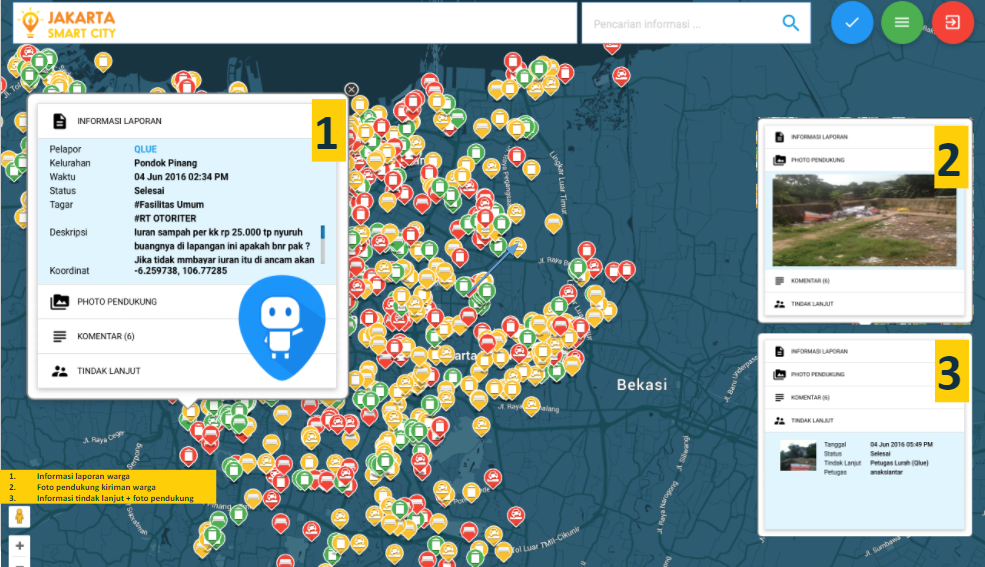Implementing Agency:
City Government of Pasig
Year Implemented:
May – December 2020
Themes:
Digitization & New Technologies and Perspectives on Productivity, Governance, and Development
General Description
The Online Supplemental SAP is a public website where residents of Pasig City may register and verify their inclusion in the list of beneficiaries of the city’s supplemental Social Amelioration Program (SAP) project.
Background and Problems
The World Bank (n.d. in Apostol & Go, 2020) noted that the imposition of community quarantine restrictions in the Philippines as a response to the COVID-19 crisis has increased the poverty rate by 3.3% and the unemployment rate by 17.7%. To mitigate these alarming trends, the Department of Social Welfare and Development (DSWD) has implemented the Social Amelioration Program (SAP), providing cash aid to struggling low-income families through a subsidy of PHP 5,000 to PHP 8,000 for two months.
Local government units (LGUs), in response to their constituents’ needs, have also devised programs that expand on the national government’s work, providing assistance to other vulnerable sectors as well. The City Government of Pasig implemented the Supplemental SAP, which aims to provide assistance to around 160,000 families that were not covered under the SAP of the national government. The beneficiaries targeted for the Supplemental SAP include traditional or nuclear families, single parents, grandparents who are raising their grandchildren, legally married couples even without children, and LGBTQ legal partners with children.
Solution and Impact
The Pasig LGU needed to filter its database of potential beneficiaries to maximize the reach of the provided assistance and avoid duplication of efforts with DSWD. The Online Supplemental SAP (sap-pasig.com) was created to allow potential beneficiaries to verify their inclusion in the Supplemental SAP. The initial database was derived from the existing list of beneficiaries for the LGU’s Pamaskong Handog (Christmas Offering) program cross-referenced with the list of the recipients of SAP from DSWD.
Those not included in the list were then also able to access a registration portal that allowed them to provide the information needed to justify their qualification for the program. This measure also eliminates the need for city residents to go to the City Hall or their respective Barangay Halls for the sole purpose of registering for the program, thus further reducing their potential exposure to COVID-19.
Milestones
By June 2020, barely a month after its launch, the Pasig LGU had already distributed cash assistance to 80% of the target beneficiaries of the Supplemental SAP. This quick distribution was aided by the online Supplemental SAP platform, and was done door-to-door in order to discourage city residents from going out of their homes. In all, the Pasig LGU allocated over one billion pesos as cash aid to the identified beneficiary families.
Photos
Publicity material from the Pasig City Public Information Office (Source: Pasig City Public Information Office Facebook Page)
A screenshot of the user interface of Pasig City’s Online Supplemental SAP finder (Source: sap-pasig.com)
The categories of beneficiaries that may be included in Pasig City’s Supplemental SAP project (Source: Pasig City Public Information Office Official Facebook page)
Sources
Aguilar, K. (2020, May 19). Pasig City launches an online finder for its supplemental SAP beneficiaries. Inquirer. Retrieved from https://newsinfo.inquirer.net/1277468/pasig-city-launches-online-finder-for-its-supplemental-sap-beneficiaries#ixzz6RQyUUSUe
Apostol, V. and Go, L. (2020, August 9) Ameliorating the Social Amelioration Program. Business World. Retrieved from https://www.bworldonline.com/ameliorating-the-social-amelioration-program/
Casinas, J. (2020, June 9). 80 percent of families in Pasig City has received P8, 000 cash assistance. Manila Bulletin. Retrieved from https://mb.com.ph/2020/06/09/80-percent-of-families-in-pasig-city-has-received-p8000-cash-assistance/
Kabagani, L. (2020, May 19). Pasig launches online platform for supplemental SAP beneficiaries. Philippine News Agency. Retrieved from https://www.pna.gov.ph/articles/1103339
Obanil, R. (2020, May 12). Nearly 8-K families have received Pasig City’s supplemental SAP. Manila Bulletin. Retrieved from https://mb.com.ph/2020/05/12/nearly-8-k-families-have-received-pasig-citys-supplemental-sap/


